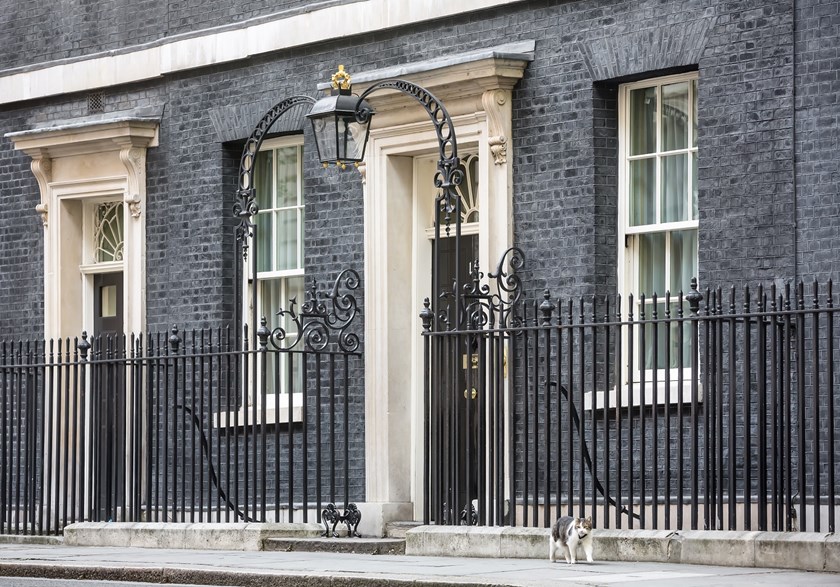Tax Administration and Maintenance Day
Insight

Following on from Jeremy Hunt’s budget of 15 March 2023, (see our summary here) on 27 April the government announced a package of consultations, calls for evidence and policy proposals as part of its Tax Administration and Maintenance Day. This is part of the government’s stated “ambition to simplify and modernise the tax system, tackle non-compliance, make the tax system fairer for taxpayers and to make the customs system work better for traders.” While the proposals don’t represent a significant change in tax policy, there is much of relevance to business. Our briefing below summaries the key announcements.
- Cross-border tax matters:
There will be a consultation on simplifying and updating the legislation in the areas of diverted profits, transfer pricing and permanent establishments. This will not look at wholesale reform but will focus on ensuring the rules are clear and their outcome is consistent with underlying policy, international standards and the UK’s double tax treaties. - Modernisation of the Stamp Taxes on Shares:
This is the third attempt in the past seven years to consider this topic following the 2016 Office of Tax Simplification project on possible stamp duty simplification and the 2020 call for evidence on modernising the regime for stamp taxes on shares. This latest consultation will consider proposals to modernise and rationalise the stamp taxes framework, including exploring whether to have a single tax on securities (rather than the current stamp duty and stamp duty reserve tax (SDRT) regimes), and proposals for the scope, basis, assessment and administration of any such single tax. It will focus in particular on whether and how to:
- remove the distinction between a tax on electronic transfers (SDRT) and paper instruments (stamp duty) and move to one mandatory transfer tax on securities,
- move towards a self-assessment regime with transactions (other than those processed through CREST) to be reported and paid through an online portal- rather like stamp duty land tax, and
- refine key elements of any new such tax including liability, the tax base, geographical scope (limited probably to just shares in UK incorporated companies), the compliance regime and exemptions and reliefs (such as group relief).
- Reserved Investor Fund:
This forms part of the wider review of the UK funds regime and considers the introduction of a new type of fund: the Reserved Investor Fund (RIF). This would be structured as an unauthorised co-ownership contractual scheme targeting professional investors, as well as certain others such as certified HNW investors and sophisticated investors. The main use of a RIF would likely be the holding of commercial real estate, although the consultation explores what other asset classes may be held. It seeks views on the proposed design and scope of the tax regime that would apply to RIFs. - Crypto-assets:
A response to the call for evidence on the tax treatment of crypto-asset transactions in decentralised finance lending and staking was published. There was also an announcement of a further consultation on potential for amendments of the tax rules, so they better reflect the substance of these arrangements. - Tax Administration and Framework Review:
There is a call for evidence on a wide number of HMRC’s information and data powers with a focus on enabling digitalisation, improving compliance and reducing administration. There was also a discussion document published on a potential new legislative approach that HMRC could use to pilot and test legislative changes. - New data collection requirements:
The government intends to proceed with collecting improved data on employee hours worked from employers, and draft legislation implementing this will be published for consultation. Data will also be collected on self-employed start / end dates and dividends paid in owner-managed businesses. - Employee Ownership Trusts (EOT):
Later this year the government will publish a consultation on the use and effectiveness of the EOT tax regime (see our EOTs briefing here). This will focus on ensuring the reliefs remain effective at incentivising EOTs, while preventing their use for unintended tax planning. - Off-payroll working (IR35):
There will be a technical consultation on a potential changes to address the overpayment of tax in cases where an end client has made an incorrect employment status assessment and is liable for income tax and NIC (see our IR35 briefing here). - Umbrella company non-compliance:
A summary of responses to the 2021 consultation will be published together with a new consultation on options to regulate umbrella companies and tackle non-compliance. - Tackling promoters of tax avoidance:
The consultation proposes a new criminal offence for promoters who fail to comply with a “stop notice” from HMRC, and procedures for expediting the disqualification of directors of companies and others involved in promoting tax avoidance. - Charities compliance measures:
This consultation notes that some rules for charity tax relief are not working as intended and it aims to tackle non-compliance and preserve the integrity of the sector. It is seeking views on approved investments, tainted donations, non-charitable expenditure and filing obligations. The intent is that any changes should not detract from the reliefs or impact legitimate charities. The government will also work with the sector to improve the operation of Gift Aid. - Other matters:
Consultations were also announced on reforms to the Construction Industry Scheme, proposals to improve the customs treatment of post and parcel exports, aspects of the plastic packaging tax, modernisation of tax debt collection from non-paying businesses, the VAT treatment of exchange traded commodity transactions and on the UK Emissions Trading Scheme.
This publication is a general summary of the law as at the date of publication. It should not replace legal advice tailored to your specific circumstances.
© Farrer & Co LLP, May 2023







